By Azrung Fayaz, Doctor of Internal Medicine | MBBS, FCPS, MRCP
Updated on November 28, 2023
Published on November 20, 2023
Fact Checked

Get latest news, updates, and trends on mental well-being
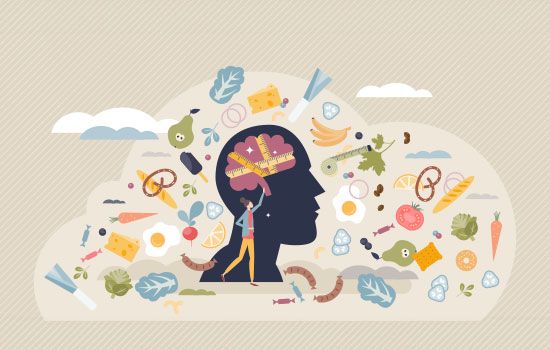
Do you feel like you’re struggling mentally? You’re not alone. Right now, over 301 million people are dealing with anxiety.1 It’s not just the jitters, though. Over 21 million Americans have a major depressive episode daily.2
Chances are that someone close to you knows this struggle all too well. It could be the person who makes your coffee, the neighbor who waves hello, or maybe even you.
But here’s the good news: you can feel better.
Stick with us as we dive into understanding these feelings. We’ll also share some hope-filled ways to improve your mental health through diet. Brighter days are within your reach.
Anxiety and depression are not the same. Here’s how they differ:
| Anxiety | Depression | |
| Definition | It is a feeling of unease, such as worry or fear.3 | Mood disorder4 characterized by persistent feelings of: sadness,hopelessness, anda lack of interest in daily activities. |
| Common symptoms | Excessive worry or fearPalpitationsFeeling on edgeDifficulty concentratingIrritabilitySleep disturbances | Persistent sad moodLoss of interest in lifeNegative attitudeFatigueDifficulty rememberingSleep disturbancesChanges in weightSuicidal thoughts |
| Impact on daily life | Avoiding certain places or situationsStruggling with social interactionsDifficulty completing tasks due to constant worry or fear | Difficulty getting out of bedWithdrawing from family or friendsBad performance at school or workNeglecting self-careFeeling overwhelmed by simple tasks |
Inside your brain, a network controls how you feel. Neurotransmitters are like tiny messengers in this network. When they’re not balanced right, it can make you feel depressed or anxious.
Let’s discuss these in more detail:
Your brain needs good food to work well. Eating the right things can make you feel happier and less worried.
10 Essential nutrients include:
1.Tryptophan. Without enough of this, you might not have enough serotonin, a chemical that makes you feel good.10
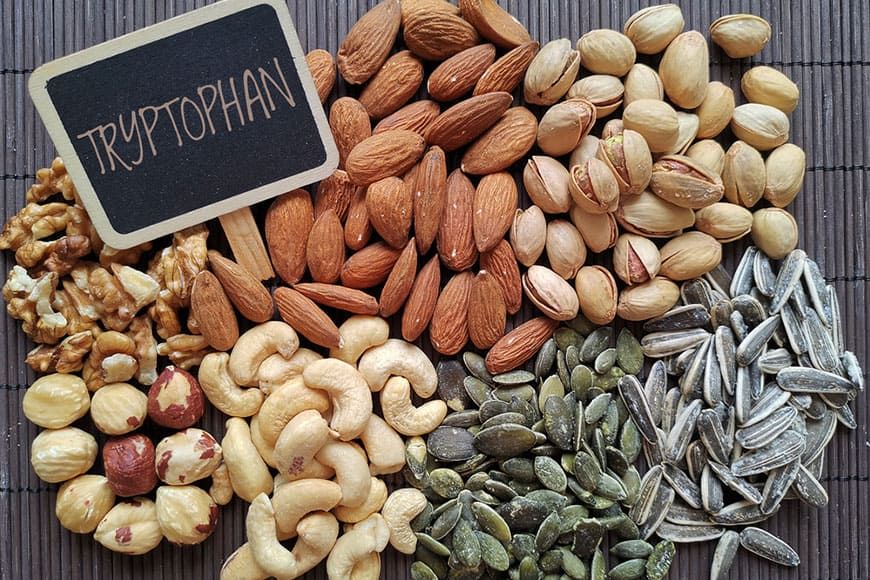
2. Fiber. Not eating enough fiber can make you feel more sad or anxious. Adding 5 grams of fiber to your diet, which is one more apple a day, can make you less likely to feel depressed.11
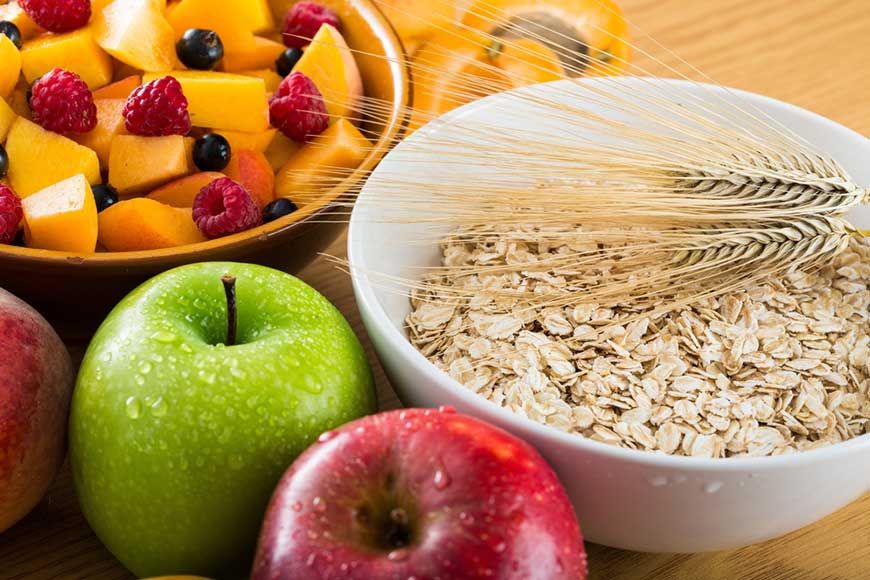
3. Omega-3 Fatty Acids. Not getting enough of these can make you feel down.12 Omega-3 fatty acids make up 20% of your brain.13
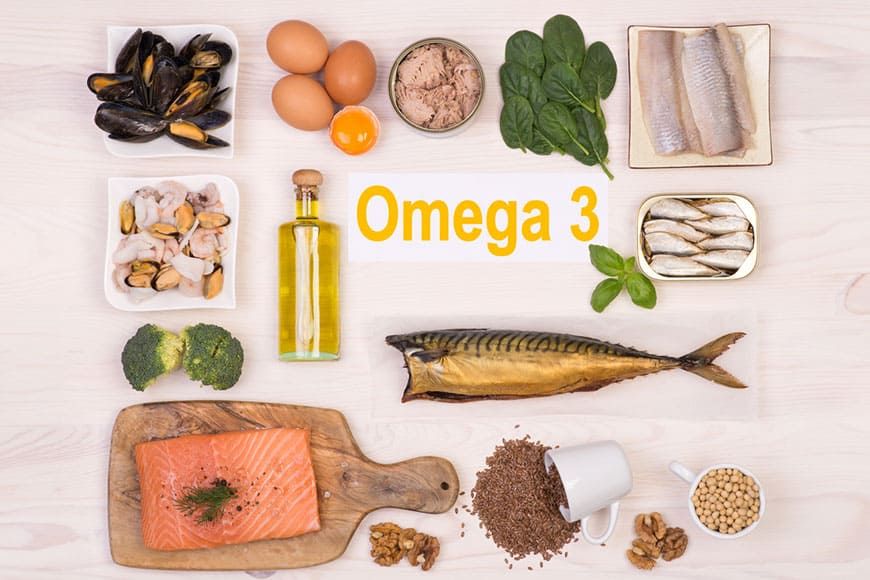
4. B Vitamins. These enable your brain to talk to the rest of your body. Not having enough B vitamins can make you feel confused and sad.14
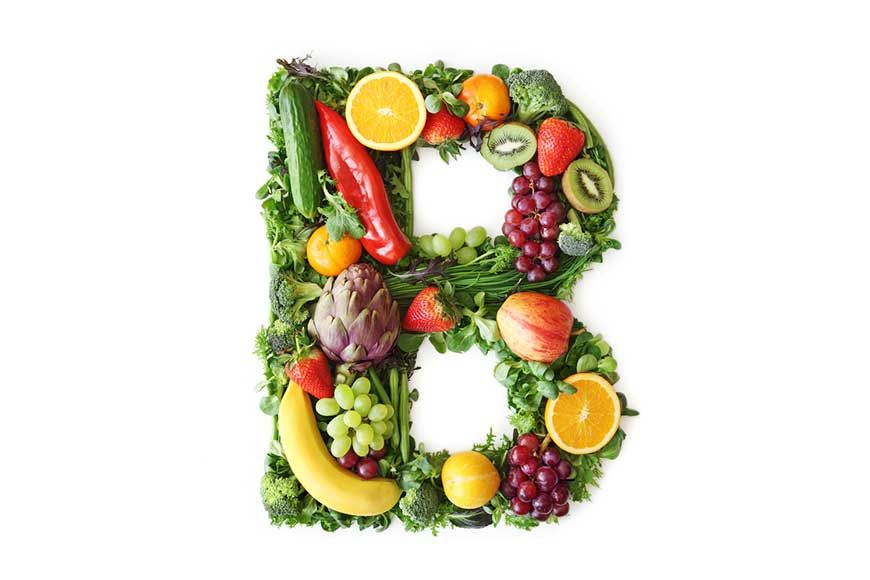
5. Magnesium. This keeps your brain calm.15 If you don’t have enough, your brain might get too excited, making you anxious.
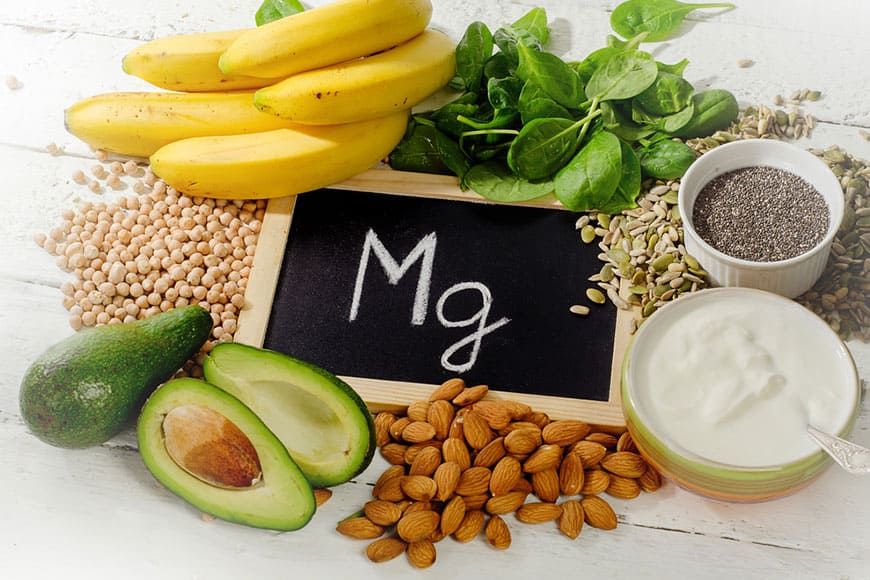
6. Zinc. This nutrient fights stress. Low zinc can make you feel more anxious.16 People who took extra zinc noticed a drop in anxiety by 0.61 points.17
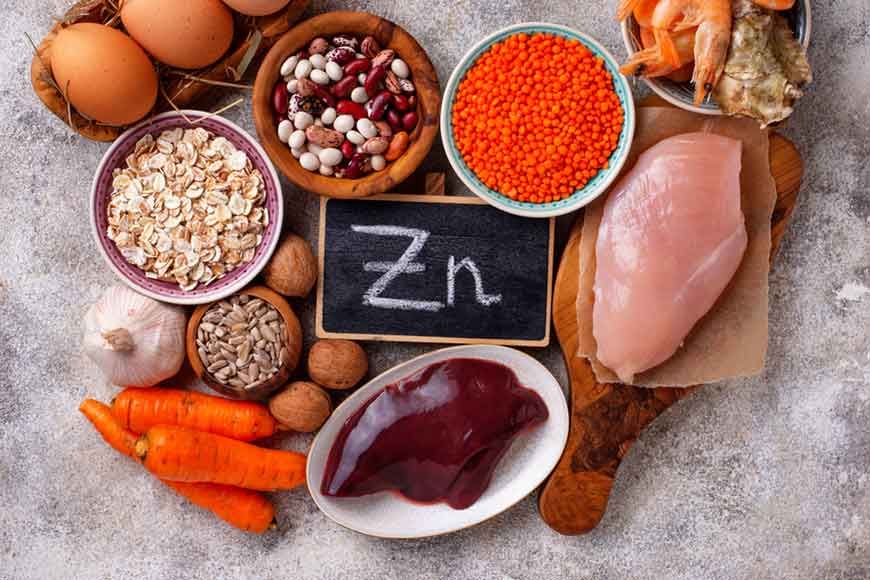
7. Iron. This prevents mood swings.18
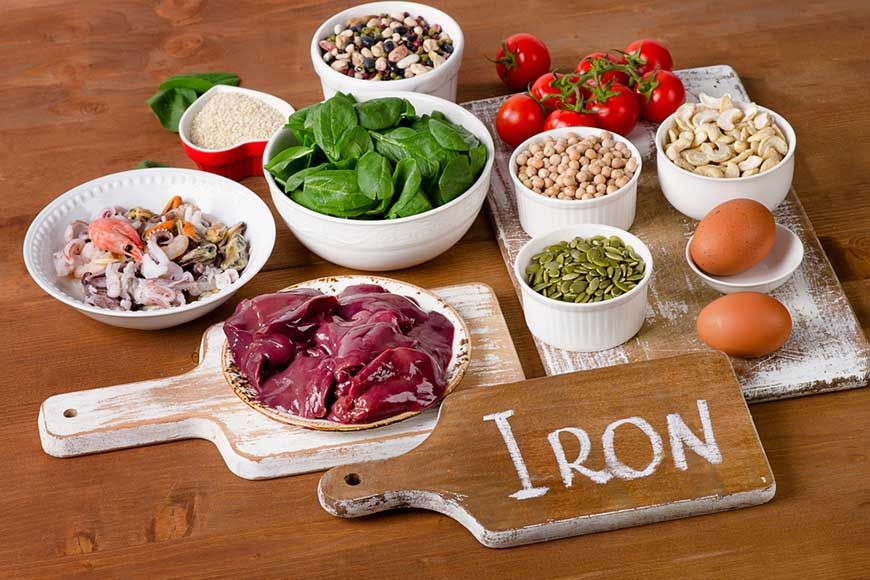
8. Vitamin D from the sun is good for your mood. In a study, people felt less anxious and sad after taking vitamin D and iron for 12 weeks.19
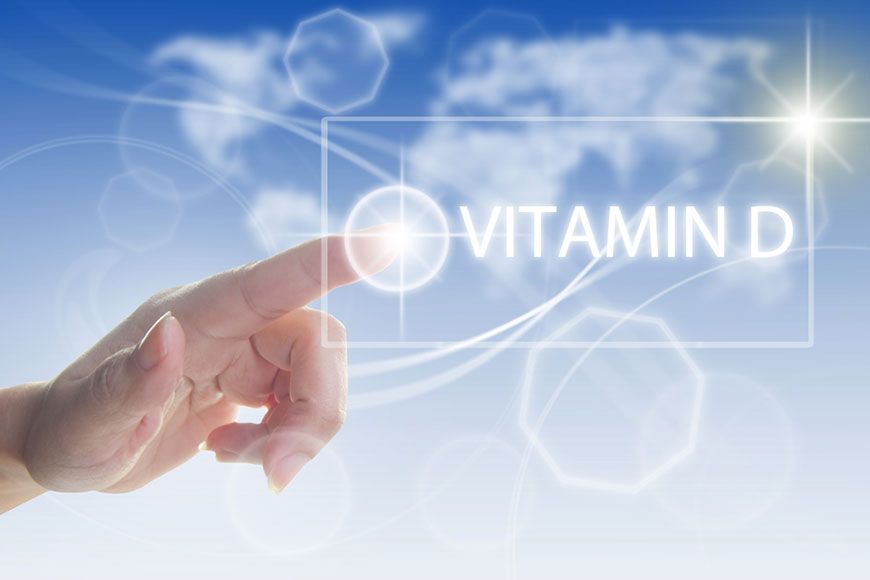
9. Turmeric, a yellow spice, can help you feel less worried. In a study,20 people who took 1 gram of turmeric daily felt less anxious.
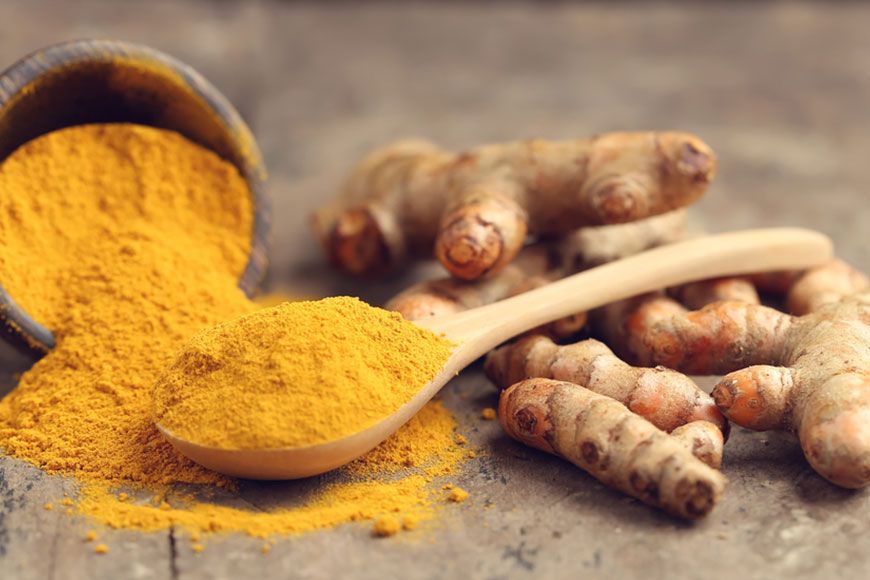
10. Probiotics from yogurt can also make you feel less sad and worried. They produce chemicals that uplift your mood.21
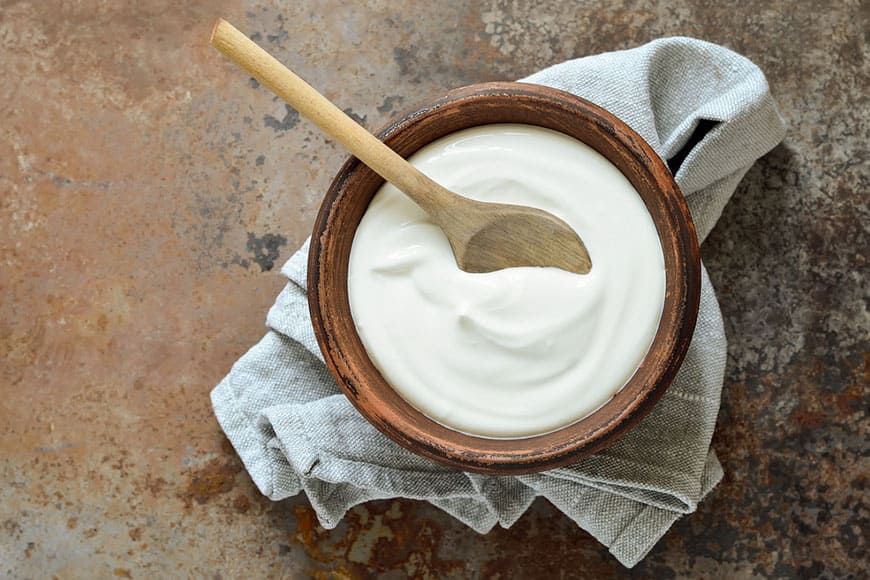
In contrast, if you eat junk food, your brain might not work as well. Research22 shows it could be 70% worse at thinking and remembering. You may also feel unhappy and anxious.
Examples of junk foods include:
| Do’s | Don’ts |
| Whole grains (quinoa, oats) | Refined sugars/sweets |
| Fatty fish (salmon, mackerel) | Caffeinated drinks |
| Leafy greens (spinach, kale) | Alcoholic beverages |
| Nuts and seeds (almonds, chia seeds) | Processed foods |
| Probiotic-rich foods (yogurt) | Artificial sweeteners (aspartame) |
| Berries | Excess fried foods |
| Herbal teas (chamomile, green tea) | Excess red/processed meats |
Your body makes endorphins, which are like natural happiness helpers. Combining good food with walking or yoga can help your mind stay healthy.
For example:

Good sleep and drinking plenty of water are vital for a happy brain. When you sleep, your brain gets rid of waste products. It also helps you remember things better. If you don’t get enough sleep, you might feel stressed or sad, and your brain might not work as well. A study28 including 8608 people proved this.
Similarly, a study29 found that people who didn’t drink enough water got more angry and confused. But when they drank 1500 ml of water on an empty stomach, they felt less tired and sad.
Eating healthy and exercising can help relieve anxiety and depression. But sometimes, it may not be enough.
For example, despite a healthy lifestyle, you may:
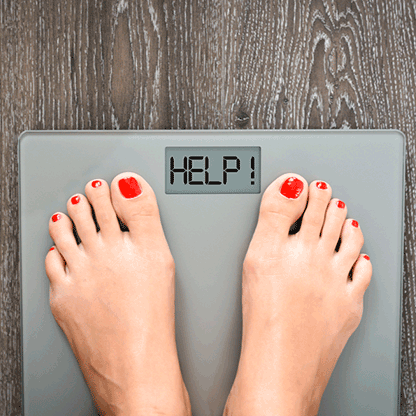
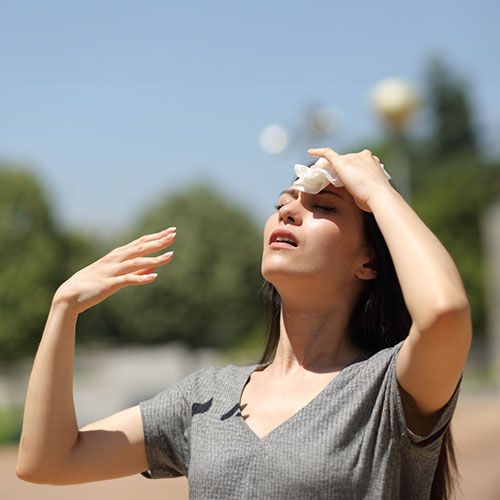
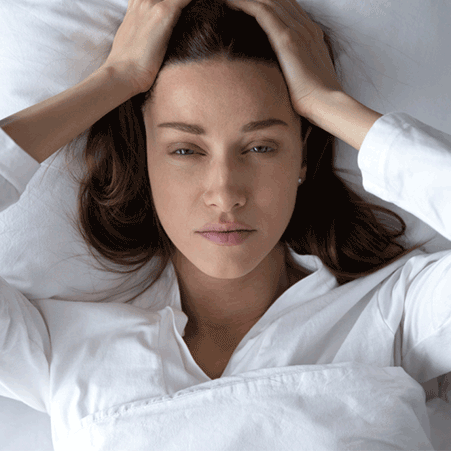
In such cases, experts like doctors and therapists can find out what’s causing your troubles. They can also provide you with the right kind of help.
Feeling good starts with eating right and exercising. Eat foods good for your brain, like fish and veggies, and try to cut back on too much sugar and bad fats.
Getting your heart pumping with exercise can also help you feel more at peace. Remember to sleep well and drink lots of water because your brain needs rest and to stay wet to work best.
If you’re still feeling down or worried, talk to an expert. It’s okay to ask for help when you need it.
2. Major Depression. National Institute of Mental Health (NIMH). https://www.nimh.nih.gov/health/statistics/major-depression. Accessed November 4, 2023
3. Chand SP, Marwaha R. Anxiety. In: StatPearls [Internet]. StatPearls Publishing; 2023.
4. Chand SP, Arif H. Depression. In: StatPearls [Internet]. StatPearls Publishing; 2023.
5. Trujillo-Hernández PE, Sáenz-Galindo A, Saucedo-Cárdenas O, Villarreal-Reyna MLÁ, Salinas-Santander MA, Carrillo-Cervantes AL, et al. Depressive Symptoms are Associated with low Serotonin Levels in Plasma but are not 5-HTTLPR Genotype Dependent in Older Adults. Span J Psychol. 2021;24. doi:10.1017/SJP.2021.20
6. Yang J, Hellerstein DJ, Chen Y, McGrath PJ, Stewart JW, Peterson BS, et al. Serotonin-norepinephrine reuptake inhibitor antidepressant effects on regional connectivity of the thalamus in persistent depressive disorder: evidence from two randomized, double-blind, placebo-controlled clinical trials. Brain communications. 2022;4(3). doi:10.1093/braincomms/fcac100
7. Ashok AH, Marques TR, Jauhar S, Nour MM, Goodwin GM, Young AH, et al. The dopamine hypothesis of bipolar affective disorder: the state of the art and implications for treatment. Mol Psychiatry. 2017;22(5). doi:10.1038/mp.2017.16
8. Hinton T, Jelinek HF, Viengkhou V, Johnston GA, Matthews S. Effect of GABA-Fortified Oolong Tea on Reducing Stress in a University Student Cohort. Frontiers in Nutrition. 2019;6. doi:10.3389/fnut.2019.00027
10. Hüfner K, Giesinger JM, Gostner JM, Egeter J, Koudouovoh-Tripp P, Vill T, et al. Neurotransmitter Precursor Amino Acid Ratios Show Differential, Inverse Correlations with Depression Severity in the Low and High Depression Score Range. Int J Tryptophan Res. 2021;14. doi:10.1177/11786469211039220
11. Saghafian F, Hajishafiee M, Rouhani P, Saneei P. Dietary fiber intake, depression, and anxiety: a systematic review and meta-analysis of epidemiologic studies. Nutr Neurosci. 2023;26(2). doi:10.1080/1028415X.2021.2020403
14. Wu Y, Zhang L, Li S, Zhang D. Associations of dietary vitamin B1, vitamin B2, vitamin B6, and vitamin B12 with the risk of depression: a systematic review and meta-analysis. Nutr Rev. 2022;80(3). doi:10.1093/nutrit/nuab014
16. Wang J, Um P, Dickerman BA, Liu J. Zinc, Magnesium, Selenium and Depression: A Review of the Evidence, Potential Mechanisms and Implications. Nutrients. 2018;10(5). doi:10.3390/nu10050584
17. da Silva LEM, de Santana MLP, Costa PRF, Pereira EM, Nepomuceno CMM, Queiroz VAO, et al. Zinc supplementation combined with antidepressant drugs for treatment of patients with depression: a systematic review and meta-analysis. Nutr Rev. 2021;79(1). doi:10.1093/nutrit/nuaa039
18. Berthou C, Iliou JP, Barba D. Iron, neuro‐bioavailability and depression. EJHaem. 2022;3(1):263.
19. Vafa M, Azizi-Soleiman F, Kazemi SM, Salehi M, Zaeri F, Abiri B, et al. Comparing the effectiveness of vitamin D plus iron vs vitamin D on depression scores in anemic females: Randomized triple-masked trial. Med J Islam Repub Iran. 2019;33. doi:10.34171/mjiri.33.64
20. Esmaily H, Sahebkar A, Iranshahi M, Ganjali S, Mohammadi A, Ferns G, et al. An investigation of the effects of curcumin on anxiety and depression in obese individuals: A randomized controlled trial. Chin J Integr Med. 2015;21(5). doi:10.1007/s11655-015-2160-z
21. Liu RT, Walsh RFL, Sheehan AE. Prebiotics and probiotics for depression and anxiety: A systematic review and meta-analysis of controlled clinical trials. Neurosci Biobehav Rev. 2019;102. doi:10.1016/j.neubiorev.2019.03.023
22. Reichelt AC, Fred Westbrook R, Morris MJ. Editorial: Impact of Diet on Learning, Memory and Cognition. Front Behav Neurosci. 2017;11. doi:10.3389/fnbeh.2017.00096
23. Li D, Tong Y, Li Y. Associations of dietary trans fatty acid intake with depressive symptoms in midlife women. J Affect Disord. 2020;260. doi:10.1016/j.jad.2019.09.008
24. Salari-Moghaddam A, Saneei P, Larijani B, Esmaillzadeh A. Glycemic index, glycemic load, and depression: a systematic review and meta-analysis. Eur J Clin Nutr. 2019;73(3). doi:10.1038/s41430-018-0258-z
25. Kim HK, Kim SH, Jang CS, Kim SI, Kweon CO, Kim BW, et al. The combined effects of yogurt and exercise in healthy adults: Implications for biomarkers of depression and cardiovascular diseases. Food science & nutrition. 2018;6(7). doi:10.1002/fsn3.772
26. Pérez-Bilbao T, Alonso-Dueñas M, Peinado AB, Af SJ. Effects of Combined Interventions of Exercise and Diet or Exercise and Supplementation on Breast Cancer Patients: A Systematic Review. Nutrients. 2023;15(4). doi:10.3390/nu15041013
27. Shuo W, Li H, Muneko N, Yoshikazu N, Kato N, Kasamaki Y, et al. Combination effects of a fatty diet and exercise on the depressive state and cardioprotection in apolipoprotein E knockout mice with a change in RCAN1 expression. J Int Med Res. 2020;48(11). doi:10.1177/0300060520964016
28. Scott AJ, Webb TL, Martyn-St JM, Rowse G, Weich S. Improving sleep quality leads to better mental health: A meta-analysis of randomised controlled trials. Sleep Med Rev. 2021;60. doi:10.1016/j.smrv.2021.101556
29. Zhang N, Du SM, Zhang JF, Ma GS. Effects of Dehydration and Rehydration on Cognitive Performance and Mood among Male College Students in Cangzhou, China: A Self-Controlled Trial. Int J Environ Res Public Health. 2019;16(11). doi:10.3390/ijerph16111891
30. The State of Queensland. When to seek help. https://www.qld.gov.au/health/mental-health/get-started/when-to-seek-help. Accessed November 4, 2023